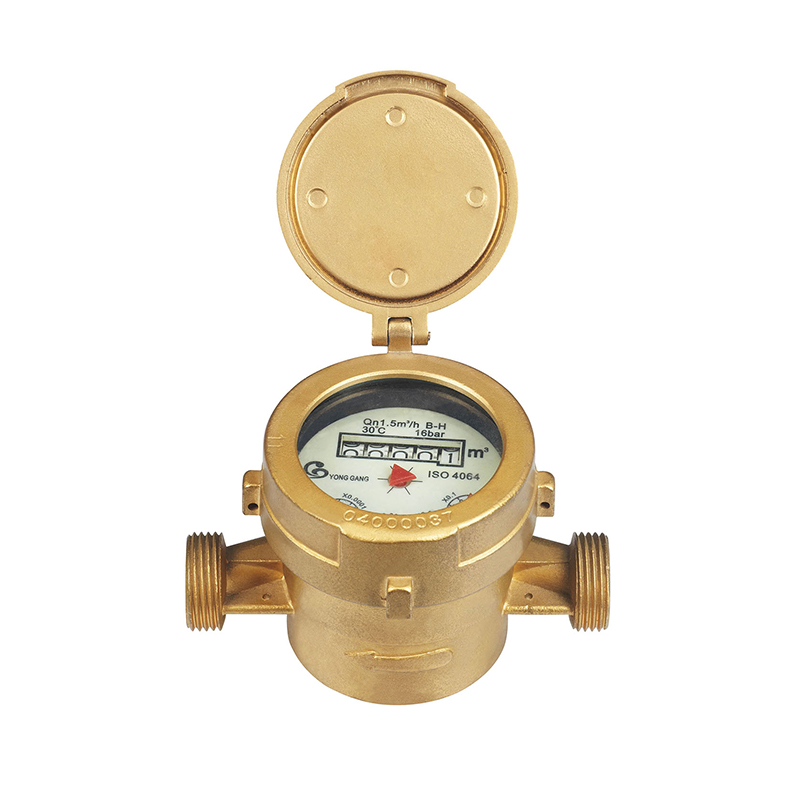ADD: No. 18, Weisan Road, Rongyu Village, Xinpu Town,Cixi City,China.
MOBILE: +86 135 6606 0510 (WhatsApp & Wechat )
TEL: +86 (0)574 6358 5625
FAX: +86 (0)574 6357 7818
MAIL: [email protected]
[email protected]
Flow meters are designed to measure how much liquid or […]
Flow meters are designed to measure how much liquid or gas is flowing through a pipe or channel in a given period of time. This measurement helps you track flow and identify issues such as clogged filters or strainers, which can affect production or equipment.Choosing the Right Flow Meter for Your Application.There are a variety of different techniques and technologies for measuring flow. Some of these technologies are volumetric, velocity or mass, while others are based on differential pressure, area or force. Each technology may be affected by varying factors such as media density, viscosity, temperature, pressure and conductivity.

What Reference Conditions Are Important?For example, if you are using a flow meter to control the flow of fluids into a tank that can accept a range of different liquid densities, you will need a flow meter with a wide flow range. This will ensure that you won't overfill the tank.The piping and the location of the flow meter need to be considered. For the piping, consider pipe size, material, schedule, flange-pressure rating, accessibility, up or downstream turns, valves and regulators.
In the case of a flow sensor, make sure to provide a straight section of pipe on the upstream side, so the meter can properly detect the velocity distribution of the fluid. Deflections or branches can cause large measurement errors.Accuracy vs Budget Conclusion: When choosing a flow meter, it is often necessary to decide whether or not you want to invest in an ultra-high accuracy instrument. The decision should be based on the exact requirements of your application and its budget constraints.